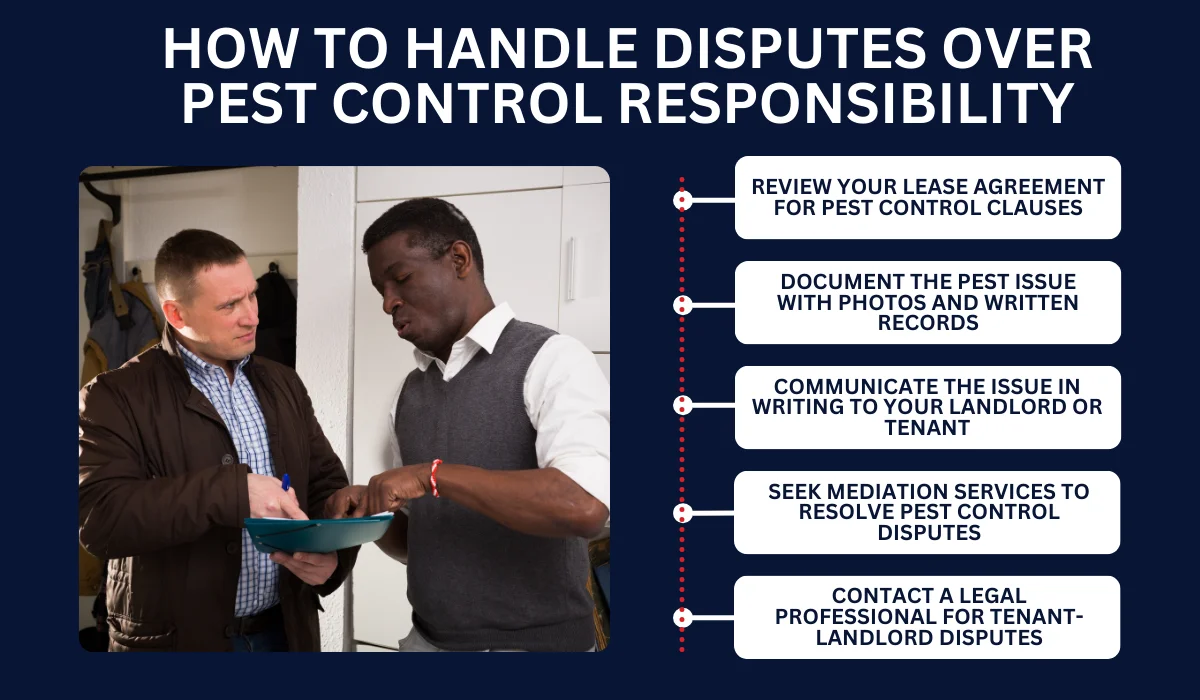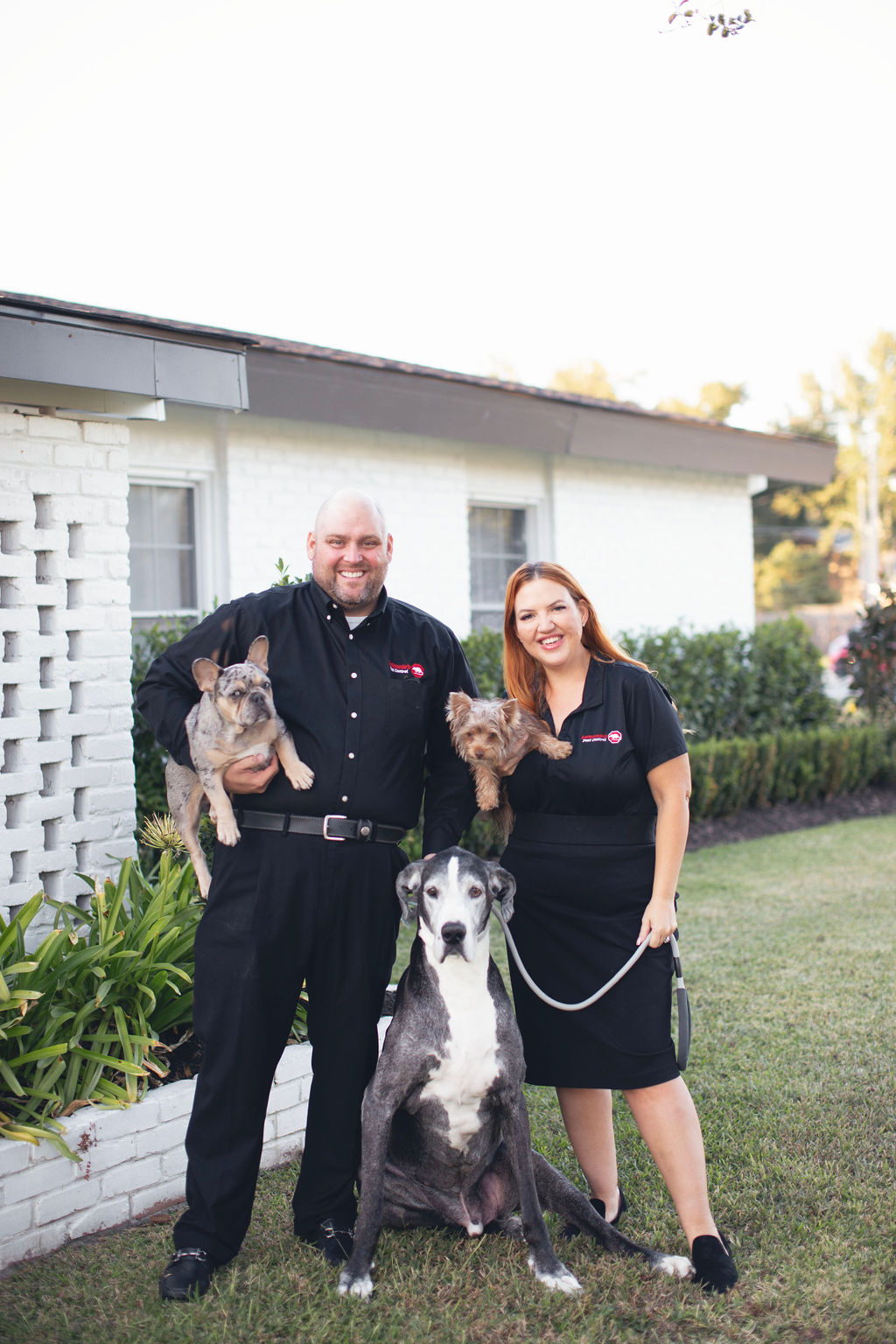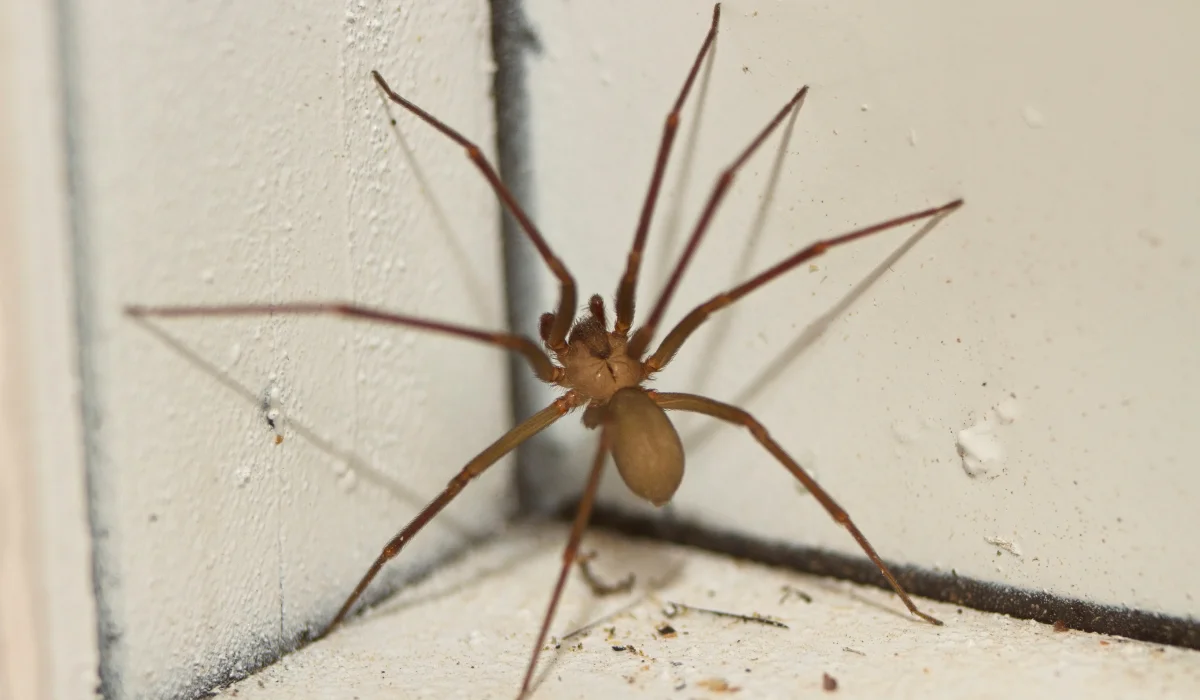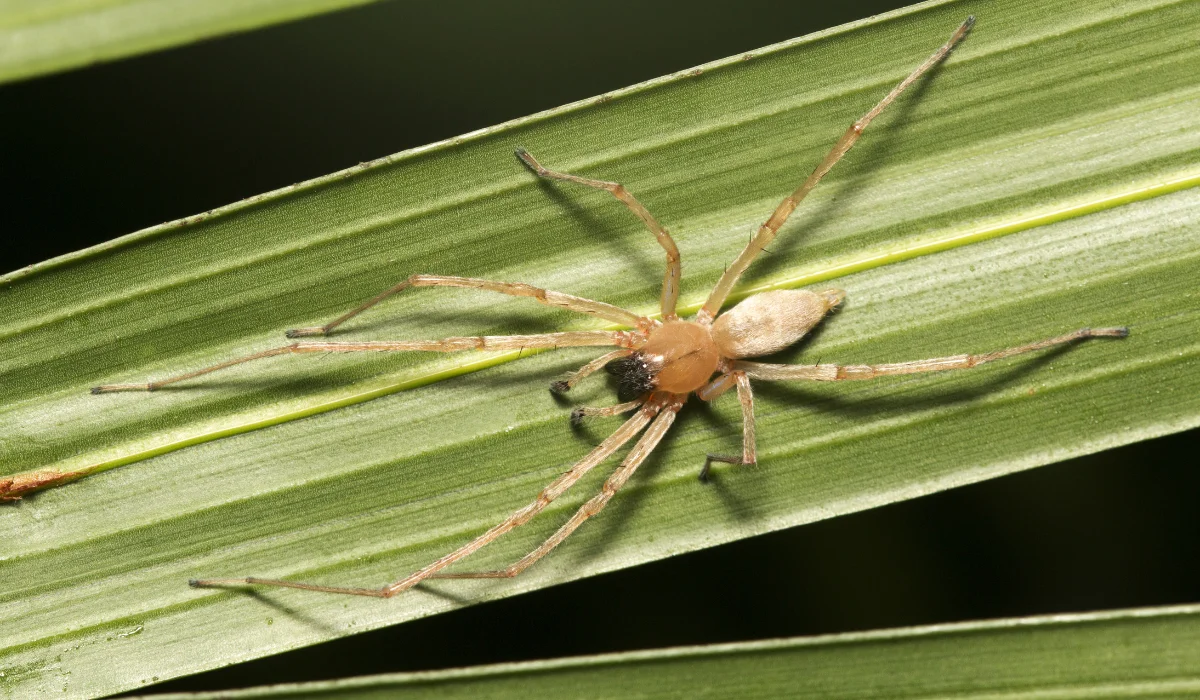Who handles pest control in a rental situation in Louisiana? A question like this arises when tenants notice unwanted guests in their living spaces.
In Louisiana, the responsibility for pest control typically falls on the landlord unless stated otherwise in the lease agreement. Read on to understand the ins and outs of rental agreements and pest control.
Key Takeaways
- Landlords and tenants in Louisiana share pest control responsibilities, depending on the situation.
- Landlords handle pest problems caused by property issues, while tenants are responsible for pests caused by poor hygiene.
- Checking the lease and keeping records are important steps for resolving pest disputes.
- Tenants can prevent pests by keeping them clean, while landlords should call professionals for serious infestations.
ARE LANDLORDS OR TENANTS RESPONSIBLE FOR PEST CONTROL?
In Louisiana, pest control accountability falls on landlords and tenants, but specific circumstances determine the division of duties. State laws clarify when each party is responsible, emphasizing habitability and property maintenance.
When Are Landlords Responsible for Pest Control?
Landlord responsibilities include pest control at the start of a lease. They must provide habitable living conditions when a tenant moves in, which includes a pest-free rental unit. This obligation stems from the warranty of habitability.
They must promptly address pest issues arising from structural problems, such as leaks or structural gaps that provide pest entry points. These circumstances are up to the property owner to address.
They must also respond within a reasonable time to tenant complaints on pest infestations linked to property conditions. Failing to do so can affect their ability to keep a security deposit or result in legal consequences under landlord-tenant laws.
When Are Tenants Responsible for Pest Control?
Tenants are expected to maintain cleanliness in their living spaces to keep pests away. If issues like bed bug infestations result from bringing in second-hand furniture without inspection, they may shoulder the cost and effort of pest control.
Some rental agreements specify tenant responsibilities, such as handling minor pest issues from daily tasks or DIY solutions. They should review their lease agreements carefully to understand their pest control obligations and rights.
If their negligence causes pest problems, the landlord might deduct the cost of pest removal from the security deposit or the month’s rent payments. They should also address issues not resulting from property management to avoid tenancy disputes.
HOW TO HANDLE DISPUTES OVER PEST CONTROL RESPONSIBILITY

When pests invade a rental property in Louisiana, it can lead to headaches. From cockroaches to bed bugs and termites, these unwelcome guests may cause damage and discomfort. That’s why conflicts over pest control responsibilities can arise between tenants and landlords.
Here’s how you can approach the problem with your landlord:
1. Review Your Lease Agreement for Pest Control Clauses
The first move in addressing any dispute involves checking the lease document. Some agreements include a disclaimer about the landlord’s obligations, particularly in cases of tenant negligence.
Responsibility may fall to the tenant in standalone houses, while landlords are typically accountable in multi-unit buildings.
2. Document the Pest Issue with Photos and Written Records
Collecting evidence becomes crucial when disagreements arise. Keeping photos and a detailed log of sightings, dates, and any correspondence around requests for pest control can establish a timeline. Ensure you’ve provided proper notice in writing to establish clear communication.
3. Communicate the Issue in Writing to Your Landlord or Tenant
Effective communication can prevent misunderstandings and smooth the path toward resolution. Written notice, such as emails or letters, provides a clear, documented trail.
It’s beneficial for tenants to request urgent action and for landlords to notify tenants of their responsibilities.
4. Seek Mediation Services to Resolve Pest Control Disputes
When conversations hit a wall, mediation services might provide a neutral ground for discussion. Local laws may need such attempts before pursuing further legal actions.
Housing authorities or community organizations often offer these services. Having other people listen to both sides can guide them toward an acceptable compromise.
5. Contact a Legal Professional for Tenant-Landlord Disputes
Legal counsel becomes the next logical step if mediation fails to resolve the dispute. Law firms can provide advice based on local laws and lease terms.
In some cases, legal advice helps tenants check actions such as withholding rent or taking other steps, but be sure these align with the law to avoid escalation to eviction.
HOW TO PREVENT PEST PROBLEMS IN LOUISIANA RENTALS
As renters in Louisiana, you can take several steps to lessen pest problems in your rental properties. Here are some easy-to-implement pest control ideas to start with:
- Keep floors free from crumbs and spills, ensuring counters are wiped daily.
- Use sealed containers for pantry items to avoid attracting pests.
- Dispose of trash in outdoor bins with fitting lids to prohibit entry by critters.
- Ensure common areas and shared spaces remain tidy.
WHEN TO CONTACT A PEST CONTROL COMPANY IN LOUISIANA
Pest problems can be a headache for renters in Louisiana. Spotting a few fleas or roaches may not need action. But, frequent sightings can suggest a larger issue that may cause health hazards. Contact pest control if the problems affect the unit’s habitable condition.
Whether you’re in Baton Rouge or New Orleans, seeking expert help should be easy. For immediate intervention for a severe infestation, let Lajaunie’s pest control specialists tailor a solution that’s right for your home.
For more information about our services, visit our service page.
 By: LaJaunie's Pest Control
By: LaJaunie's Pest Control 


